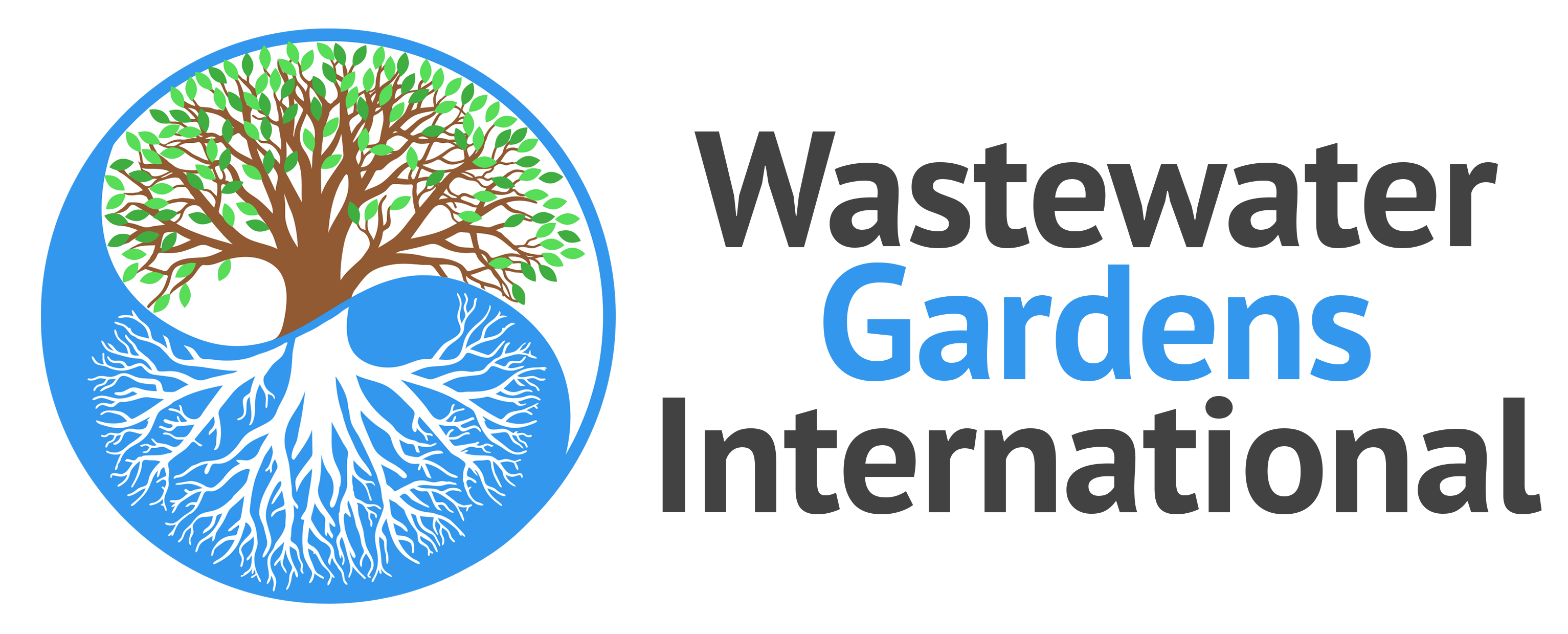Publications
Scientific & Conference Papers
2022
Constructed Wetlands for Wastewater Treatment in Hot and Arid Climates,
Springer Cham, part of the book series: Wetlands: Ecology, Conservation and Management (WECM, volume 7), 2022.15 Oct 2022. Nelson M., Cattin F., Tocchetto D., Hafouda L.; chapter N° 20/21 “Wastewater Gardens Systems in Yucatan, Mexico; Northwest Australia; Northern Algeria and Southern Iraq”, an overview and follow-up of systems built by our team in Mexico, Australia, Algeria and upcoming southern Irak. From the publisher: “This edited book presents the first collection of case studies and research projects on the sustainable technology of constructed wetlands for wastewater management under hot and arid climates. It is the first such work that summarizes in a single reference the current international experiences and knowledge on the implementation of this nature-based solution under these diverse and often harsh climatic conditions. It covers the relevant gap in the fragmented and limited literature by providing integrated information and documentation on the feasibility of this green technology. The book presents the treatment efficiency of constructed wetland facilities and the research output from 29 different countries across South America, Africa, Asia and Oceania, while it covers various applications such as domestic and municipal wastewater, various industrial effluents and municipal sludge. Many examples and case studies further demonstrate the potential of this technology to contribute to better address the issues of water scarcity and limited fresh water resources through circular management of treated effluents e.g. reuse in irrigation. … (It) demonstrates the sustainable character and benefits wetland technology can bring to low-income regions with hot/dry climates. …”.
2020
Global Water Forum, Agriculture – Environment – Perpectives, 6 August 2020.
Nelson M., “The challenge of managing water and nutrient cycles in a mini-world – the lessons from Biosphere 2”.
2017
Journal of Environmental Management, 201 (2017) 120-128, Elsevier, June/October 2017.
Mounir Saggaï M., Ainouche A., Nelson M., Cattin F., El Amrani A., “Long-term investigation of constructed wetland wastewater treatment and reuse: Selection of adapted plant species for metaremediation”*.
*Due to reasons outside of our control, some errors feature on the technical specifications given on the wetland which served as the basis for this study; they however don’t have any impact on the experimental results presented. For instance the system built has a 0% slope inside the system; 2.5 plants minimum per m2 (square meter) with roughly 1/3 deep rooted, 1/3 medium and 1/3 light rooted (as initially planted; it doesn’t mean that it is maintained that way) – about 10% of these plants can be and were chosen in this case as test plants, meaning they may not survive initial plantation and must be replaced if they die ; adapted plant species diversity can be significantly further increased.
2014
World Water, Volume 37 (pp. 22-23, 49), Issue 4, July/August 2014.
Nelson M., Cattin F., “Greening the Planet”.
2011
Advances in Space Research 47 (2011) 582-590, Science Direct, October 2010.
Nelson M., Wolverton B. C., “Plants + soil / wetland microbes: Food crop systems that also clean air and water”.
2008
IIth International Conference on Wetland Systems for Water Pollution Control, Indore, India, International Water Association (IWA), Vikram University IEMPS, ICWST, November 2008.
Nelson M., Cattin F., M. Rajendran, INRA, “Value-adding through creation of high diversity gardens and ecoscapes in subsurface flow constructed wetlands: Case studies in Algeria and Australia of Wastewater Gardens systems”.
2007
II International Congress SmallWAT07, Sevilla, Spain, Center of New Water Technologies (Centro de las Nuevas Tecnologías del Agua – CENTA), Ministry of Environment, on « Sewage water treatment in small communities », November 2007.
Nelson M., Cattin F., Tredwell R., Depuy G, Suraja M., Czech A., “Why there are no better systems than Constructed Wetlands to treat sewage water? – Advantages, Issues and Challenges”.
2006
Murdoch University, Fremantle, W.A., Australia, Environmental Technology Centre, International Conference on « Decentralised Water and Wastewater Systems », July 2006.
Nelson, M., Tredwell R., Czech A., Depuy G., Suraja M. and
Cattin F., «Worldwide Applications of Wastewater Gardens and Ecoscaping: Decentralised Systems which Transform Sewage from Problem to Productive, Sustainable Resource».
2006
Murdoch University, Fremantle, W.A., Australia, Conference on « Sustainability of Indigenous Communities », July 2006.
Tredwell, R. and Nelson M., “Effective Approaches for Environmental & Wastewater Management and Training – The Birdwood Downs Case Studies in the Kimberley Region of West Australia”.
2003
Advances in Space Research, Volume 31, Issue 7, Pages 1799-1804, 2003.
M. Nelson, A. Alling, W. F. Dempster, M. van Thillo and John Allen, « Advantages of using subsurface flow constructed wetlands for wastewater treatment in space applications: Ground-based mars base prototype ».
2002
United Nations Environment Program (UNEP) and Environmental Technology Centre, Murdoch University, Perth, Australia, for Conference on « Cities as Sustainable Ecosystems », April 2002.
Mark Nelson and Robyn Tredwell, «New Paradigms: Wastewater Garden, creating urban oases and greenbelts by productive use of the nutrients and water in domestic sewage».
2001
Advances in Space Research, vol 27, nbr 9: 1546-1556, 2001. Taken from the COSPAR conference, Warsaw, Poland, July 2000.
Nelson, M., Odum, H.T., Brown, M.T., and A. Alling, « Living off the land”: resource efficiency of wetland wastewater treatment ».
1999
Ecological Engineering 13: 189-197, 1999.
Nelson, M., Finn, M, Wilson, C., Zabel, B., van Thillo, M., Hawes, P., and R. Fernandez, «Bioregenerative recycle of wastewater in Biosphere 2 using a created wetland: two year results».
1998
LIFE SUPPORT AND BIOSPHERE SCIENCE, 5(3): 357-369, 1998.
Nelson, M., «Wetland systems for bioregenerative reclamation of wastewater – From closed systems to developing countries».
